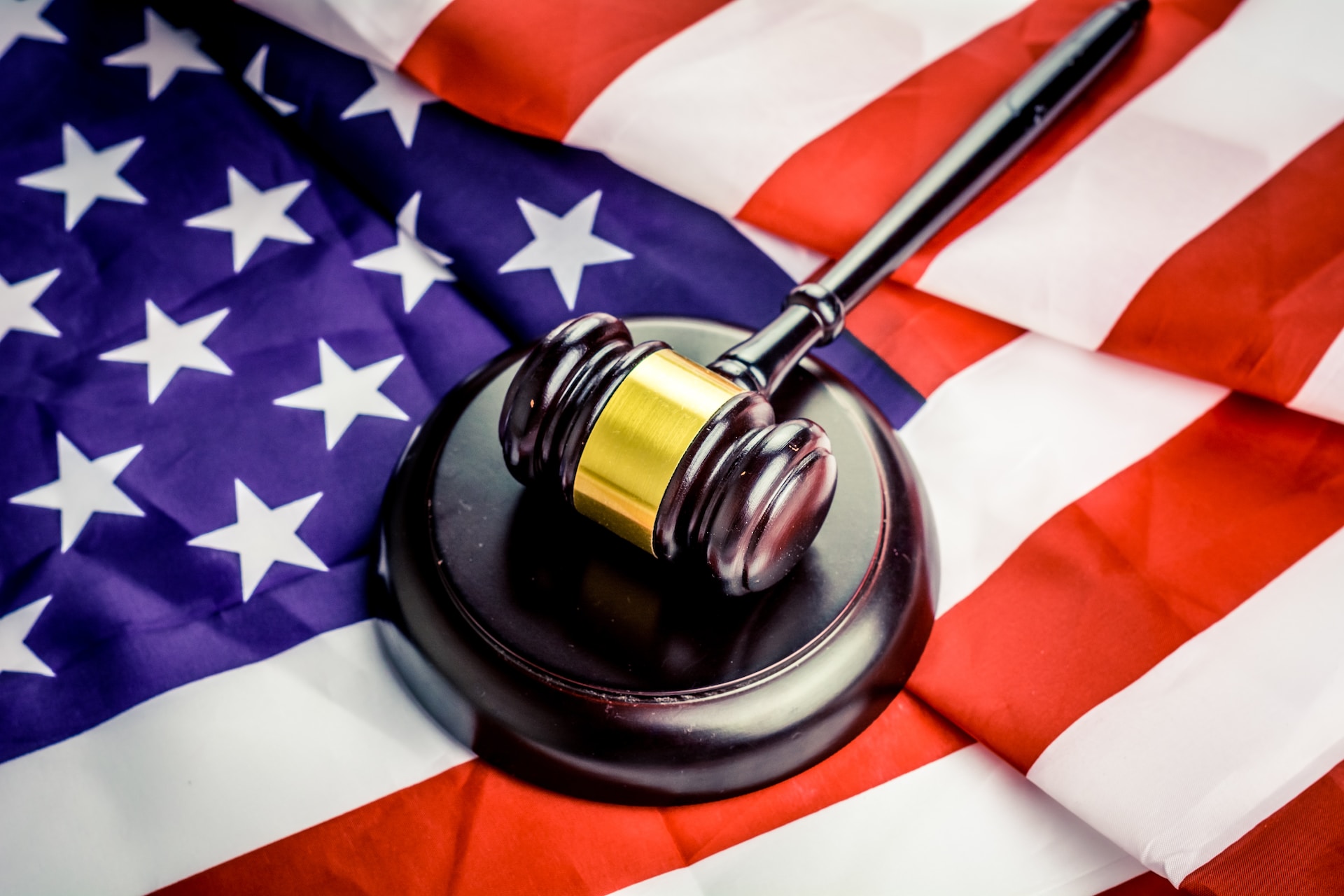In a significant legal reversal, the city of Murfreesboro, Tennessee, has decriminalized public homosexuality. This change comes in the wake of a federal judge’s intervention and subsequent pressure on the city council to modernize its laws.
Initial Controversial Ban
Earlier in June, Murfreesboro enacted an ordinance that banned public displays of sexual behavior deemed offensive, including homosexuality. This broadly defined ordinance had far-reaching implications, leading to the banning of books in libraries and schools and attempts to shut down the local Pride festival. It prohibited “indecent behavior” and materials, citing a need to uphold “contemporary community standards.”
Legal Challenge and Public Outcry
The ordinance faced immediate legal challenges. The Tennessee Equality Project (TEP), the American Civil Liberties Union (ACLU), and the ACLU of Tennessee filed a lawsuit against the city’s actions. They argued that these measures unfairly targeted the LGBTQ+ community, particularly drag performers, and violated constitutional rights. A federal judge subsequently blocked the city’s attempt to halt the Pride festival.

City Council’s Unanimous Vote
In response to the growing controversy and legal pressure, Murfreesboro’s city council convened and unanimously voted to remove “homosexuality” from the list of prohibited public sexual conduct. The amendment to the ordinance took immediate effect, marking a significant step towards inclusivity.
Official Statements and Community Response
Following the amendment, the city manager issued a statement clarifying that the city had never actively enforced the controversial sections of the code. Local LGBTQ+ advocates, however, highlighted the broader implications of the ordinance. Matt Ferry, a former chairman of the local Democratic Party, criticized the city’s leadership for equating LGBTQ+ individuals with sexual predators, calling for a more welcoming approach towards the community.
ACLU’s Stance on Discrimination
The ACLU’s lawsuit against the city underscored the discriminatory nature of the initial ordinance. It accused the city of enacting policies driven by animus against the LGBTQ+ community, which were unconstitutional and blatantly discriminatory.
National Context: Lawrence v. Texas
This local legal shift comes two decades after the landmark Supreme Court ruling in Lawrence v. Texas, which decriminalized homosexuality nationwide. The Murfreesboro case highlights ongoing struggles and the need for vigilant protection of LGBTQ+ rights across various communities in the United States.
©unitedradiance.org

